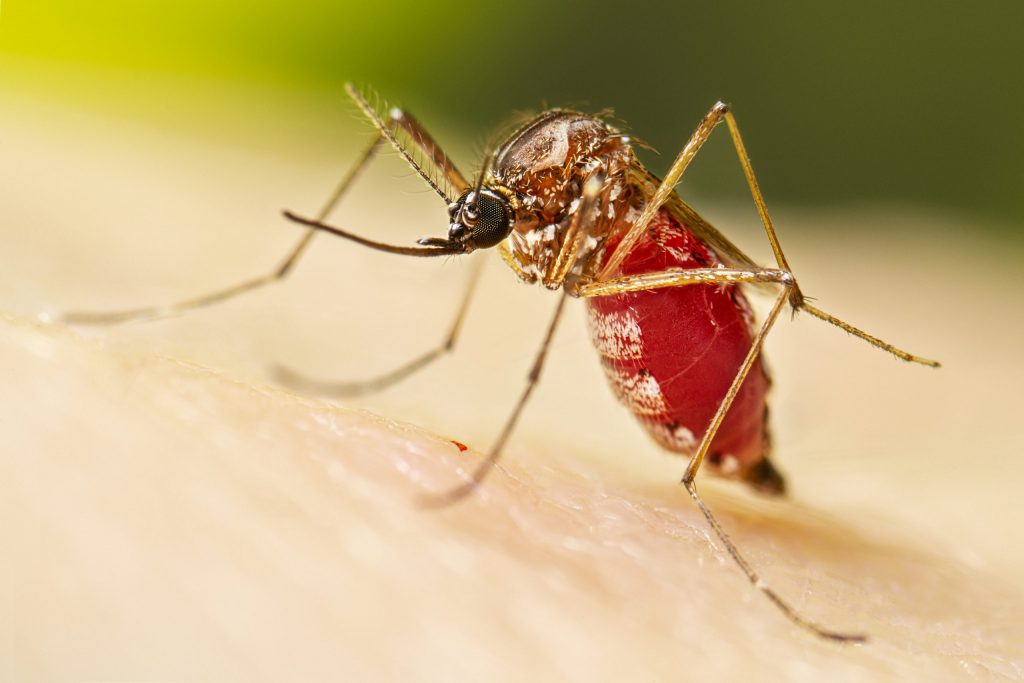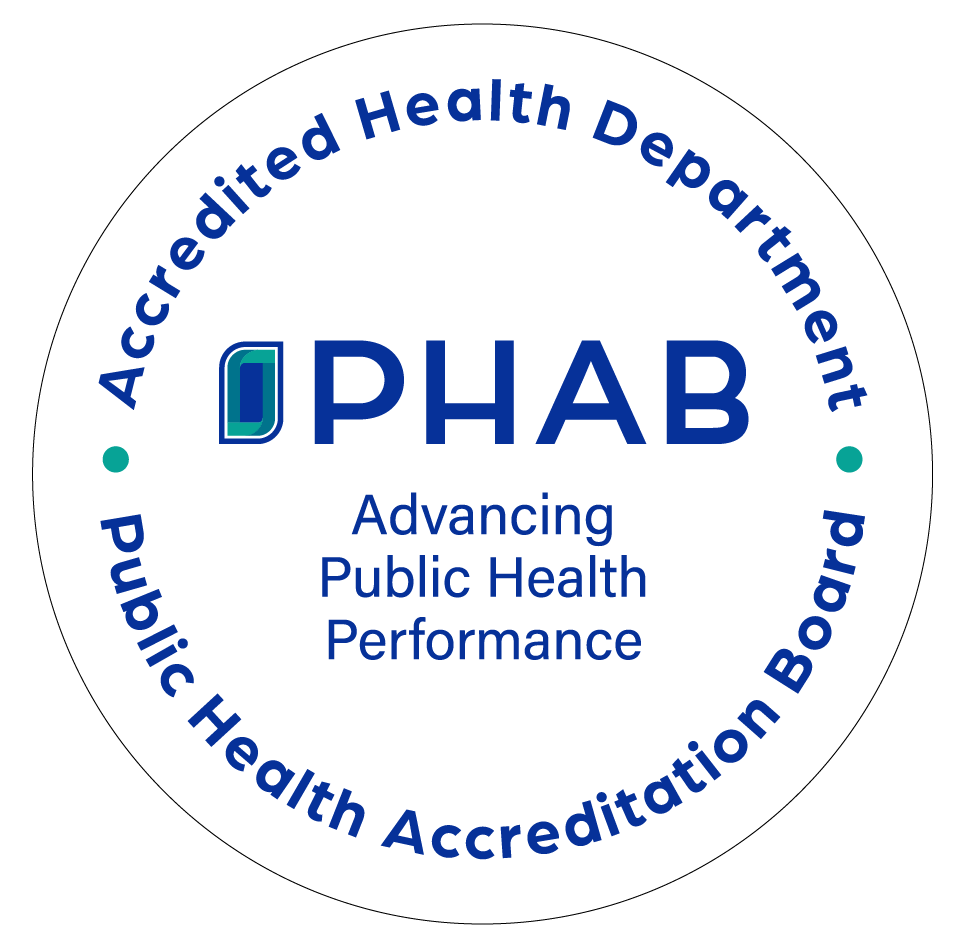New Haven – The State of Connecticut Mosquito Management Program (MMP) announced that mosquitoes trapped in Bridgeport on June 11 tested positive for West Nile virus (WNV). These results represent the first WNV positive mosquitoes identified in the state by the Connecticut Agricultural Experiment Station (CAES) this year. Connecticut residents are reminded to protect themselves from mosquito bites and mosquito-borne diseases.
“The first West Nile virus positive mosquitoes of the season have been identified,” said John Shepard, Medical Entomologist at the CAES. “This is one of the earlier detections of virus recorded during the last 25 years of the statewide monitoring program.”
“We will continue to closely monitor mosquitoes for early virus amplification,” said Dr. Philip Armstrong, Chief Scientist at the CAES. “The recent rainfall and current heat wave are expected to increase mosquito activity and build-up of West Nile virus. We encourage everyone to take simple measures, such as wearing mosquito repellent and covering bare skin, especially during dusk and dawn when mosquitoes are most active.”
To reduce the risk of being bitten by mosquitoes, residents should:
- Minimize time spent outdoors between dusk and dawn when mosquitoes are most active.
- When it is necessary to be outdoors, use mosquito repellents containing an EPA-registered active ingredient, including DEET, Picaridin, IR3535, oil of lemon eucalyptus, para-menthane-diol (PMD), or 2-undecanone. EPA registration of skin-applied repellent products indicates that they have been evaluated and approved for human safety and effectiveness when applied according to instructions on the label.
- Wear shoes, socks, long pants, and a long-sleeved shirt when outdoors for long periods of time, or when mosquitoes are more active. Clothing should be light-colored and loose-fitting and made of tightly woven materials that keep mosquitoes away from the skin.
- Wear clothing and gear treated with permethrin. Permethrin is an insecticide that kills or repels mosquitoes and ticks.
- Be sure door and window screens are tight-fitting and in good repair.
- When sleeping outdoors, use tents or mosquito netting in an unscreened structure. Treat camping gear with permethrin when possible.
- Cover strollers and baby carriers with mosquito nets when outside.


